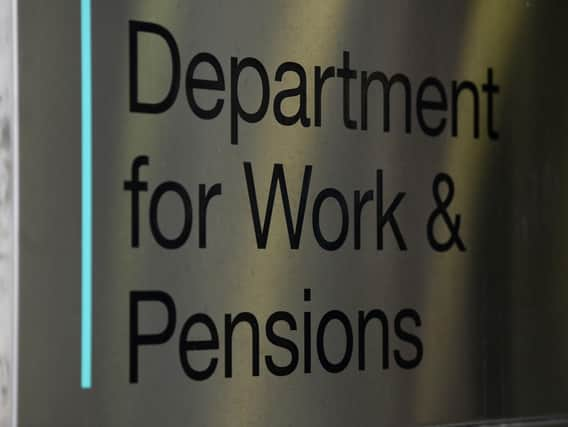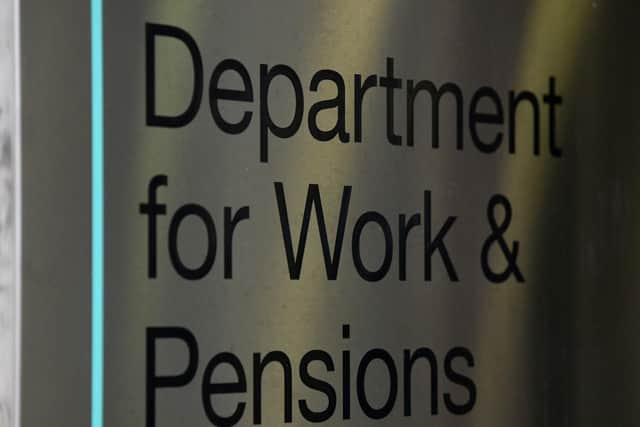‘Universal Credit is severely impacting mental health’, say authority


In the letter sent to the Secretary of State, they raised a number of concerns and listed ‘urgent improvements’ for the Government to put in place.
The new benefits system rolls six benefits into one and replaces weekly or fortnightly payments with a single monthly one. It was introduced across Sheffield in November 2018.


Advertisement
Hide AdAdvertisement
Hide AdIt has faced scathing criticism both locally and nationally, with cross-party condemnation and public demonstrations.
Councillor Chris Peace, cabinet member for health and social care, and Dr Tim Moorhead, chair of Sheffield Clinical Commissioning Group, wrote the letter which raised serious concerns about the impact and process of the system.
They said: “The impact on health and wellbeing of Sheffield’s population is plain and clear and can be demonstrated in many ways.
“We take our responsibility for the health and wellbeing of the people of Sheffield very seriously. With this in mind, we are writing to urge you to put in place the following.”
Advertisement
Hide AdAdvertisement
Hide AdSpecific problems with the Universal Credit process included ‘troublesome’ transitions, with residents receiving conflicting advice, a digital barrier which made it difficult for people without internet access to apply and a lack of sustainable funding for Citizens Advice, who support claimants.
They also said there was an increased demand for primary care and mental health services that could be directly linked to Universal Credit and welfare reform more broadly.
They said of the 20 welfare reforms since 2010, 19 had been regressive in their impact on Sheffield – leaving people worse off.
They added that by 2021 the changes to welfare provision since 2010 will see £252 million taken every year from the pockets of people in the city who can least afford it. Fifteen percent of this loss was attributed to the benefits freeze in 2015.
Advertisement
Hide AdAdvertisement
Hide AdThey listed several improvements which included: more funding for primary care and mental health to support those affected, option to have the housing benefit portion sent directly to landlords, workable arrangements for people without internet access and more resources for helplines.
The council say they are doing all they can to help residents navigate the new system and will be closely tracking its impact.
The full version of the letter can be read on the Sheffield City Council website here.